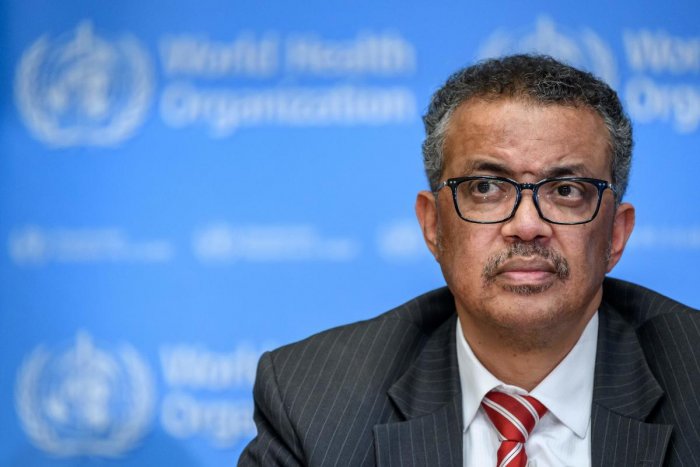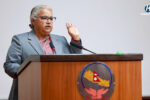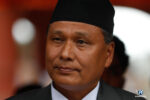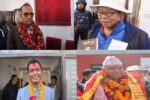NEW YORK: World Health Organization (WHO) Director General Tedros Adhanom Ghebreyesus gave a strident defense of his agency’s handling of the coronavirus pandemic, in response to U.S. President Donald Trump’s criticism and suggestions that Washington could review its funding for the agency.
WHO Director General called for unity and a halt to “politicization” of the global health crisis, specifically urging China and the United States to show “honest leadership”.
Tedros said he expected U.S. funding to continue with traditional bipartisan support.
Trump and his administration repeated its criticism, on Wednesday. Secretary of State Mike Pompeo said Washington was re-evaluating U.S. funding to the body, saying international organizations utilizing U.S. taxpayer money needed to deliver on their goals. But he objected to a leadership change at the WHO at this time.
U.S. contributions to the WHO in 2019 exceeded $400 million, almost double the second-largest country donor, according to U.S. figures. The WHO website shows the United States as its top donor, contributing nearly 15% of the budget.
Trump told the daily White House briefing on the coronavirus that Beijing’s payment was a small fraction of Washington’s WHO contribution, and that was “not fair at all”, Reuters reported
Trump said the WHO issued a statement on Jan. 14 saying “there was no human-to-human transmission” and criticized him “very strongly” when he said he was going to shut down flights from China.
Tedros said the WHO had “kept the world informed about the latest data, information, and evidence” and noted that Thursday would mark 100 days since China first notified the organization of cases of “pneumonia with unknown cause” on Dec. 31.
Tedros, a former foreign minister of Ethiopia, rejected Trump’s suggestion that the WHO was “China-centric”, saying: “We are close to every nation, we are color-blind.”
Earlier, Dr Bruce Aylward, senior adviser to Tedros, also defended the U.N. agency’s relationship with China, saying its work with Beijing authorities was important to understand the outbreak.
“It was absolutely critical in the early part of this outbreak to have full access to everything possible, to get on the ground and work with the Chinese to understand this,” said Aylward, who led a WHO expert mission to China in February.
(with inputs from Agencies)









Comment